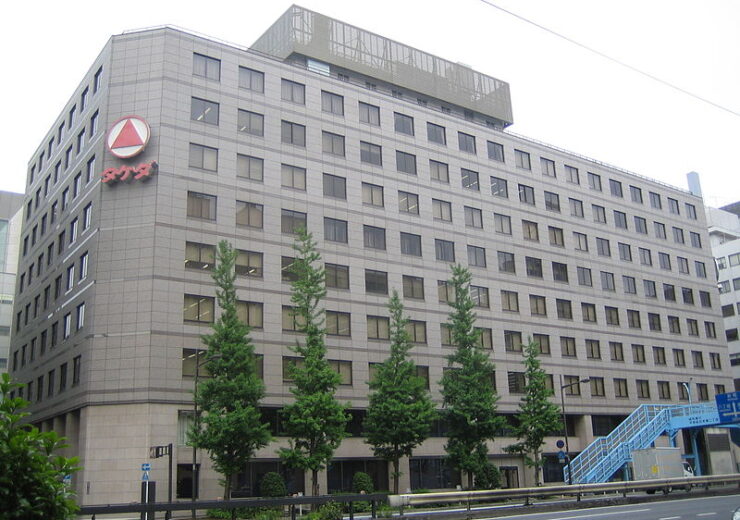The approval is backed by efficacy data from the phase 3 HELP study with additional data from the phase 3 SPRING study in paediatric patients two to less than 12 years of age

According to Takeda, TAKHZYRO is currently available in more than 60 countries. (Credit: Lombroso/Wikimedia Commons)
Takeda has received approval for its supplemental biologics license application (sBLA) from the US Food and Drug Administration (FDA) for expanding the use of TAKHZYRO (lanadelumab-flyo) for prophylaxis to prevent attacks of hereditary angioedema (HAE) in children, aged two to less than 12 years.
TAKHZYRO is a full fully human monoclonal antibody that is designed to bind specifically and reduce plasma kallikrein activity.
It is the first approved prophylaxis medication for children with HAE in the age group of two to less than six years old.
Prior to this FDA approval, the only approved routine prophylaxis treatment choices for children from six to less than 12 years of age needed dosing every three to four days, Takeda said.
According to the Japanese pharmaceutical firm, the recommended dose of TAKHZYRO is 150mg/1mL solution in a single-dose prefilled syringe to be given every four weeks in patients two to less than six years of age and every two weeks in patients, aged six to less than 12 years of age.
Takeda US business unit and US country head president Julie Kim said: “Today’s approval of the expanded indication of TAKHZYRO represents a significant step forward for the HAE community as it helps some of its youngest patients who are living with the disease to have a long-term prophylaxis treatment available to them.
“Takeda is a committed leader in the rare disease space, and today’s approval underscores our confidence in TAKHZYRO, as well as our dedication to addressing the needs of HAE patients through continued research, clinical programs and real-world data collection.”
The FDA sBLA approval was backed by the efficacy data from the HELP study and SPRING study.
The HELP study is a phase 3 trial that featured patients 12 to less than 18 years of age, while the SPRING study is an open-label phase 3 trial involving 21 HAE patients of two to less than 12 years of age.
In the trial, TAKHZYRO lowered the rate of HAE attacks in paediatric patients from 1.84 attacks per month to 0.08 attacks during the treatment period of 52 weeks.
With an average of 99.5% attack-free days, the majority of patients were free of attacks, the Japanese pharmaceutical company added.
